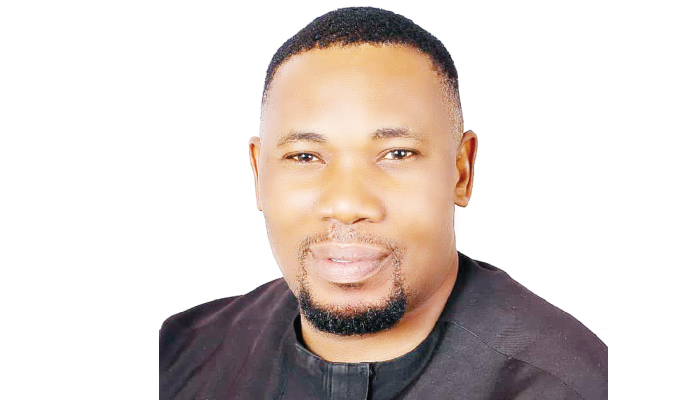The Incarceration of Bright Ngene: A Case Study of Political Interference in Nigeria’s Justice System
Bright Ngene, a two-time elected lawmaker representing Enugu South Urban 1 State Constituency in the Enugu State House of Assembly, finds himself behind bars, not for any violent crime or gross misconduct, but for a community development fund scandal dating back to 2009. His incarceration, seen by his constituents as a politically motivated act orchestrated by the ruling Peoples Democratic Party (PDP), has ignited protests, judicial controversy, and raised serious concerns about the impartiality of Nigeria’s justice system. Ngene’s supporters allege that the charges against him were revived and aggressively pursued after he refused to defect from the Labour Party to the PDP, thereby denying the ruling party a stronger foothold in the Assembly.
The seemingly expedited judicial process that led to Ngene’s seven-year sentence has fueled suspicions of political maneuvering. Despite winning his election by a significant margin and having his mandate reaffirmed in a subsequent by-election held while he was imprisoned, Ngene remains incarcerated. His constituents, frustrated by the perceived injustice, took their grievances to the International Conference Centre in Enugu during the Nigerian Bar Association’s international conference. Their protest, a desperate plea for justice, highlighted the alleged manipulation of the judiciary by the state government, with judges reportedly recusing themselves from Ngene’s appeal case, effectively stalling any chance of a fair hearing.
The intricacies of the case reveal a complex web of accusations, legal maneuvers, and alleged interference. Ngene’s involvement in a community development fund dispute, stemming from his role as secretary and legal advisor to a subcommittee managing community finances in Akwuke, became the focal point of the charges against him. The dispute, which involved the allocation of funds for road repairs, had remained relatively dormant for years until Ngene’s political ascendance. The subsequent revival of the case, the swiftness of the trial, and the alleged obstruction of the appeals process all point towards a concerted effort to sideline Ngene and weaken the opposition.
The saga began with a petition against Ngene and an associate in 2017, alleging theft and conspiracy related to community funds. After an initial investigation, the case progressed slowly until Ngene emerged as a prominent political figure. From this point, the case trajectory shifted dramatically. Despite attempts to transfer the case to different magistrates, including a recommendation for alternative dispute resolution, the case repeatedly landed back in the court of Magistrate E.D. Onwu. This magistrate, according to Ngene’s supporters, expedited the proceedings, seemingly rushing towards a predetermined guilty verdict.
Further compounding the situation, attempts by Ngene’s counsel to obtain a court order compelling the magistrate to recuse himself were met with bureaucratic obstacles and the alleged disappearance of the court file. Even a petition to the National Judicial Council, resulting in a request for the magistrate’s recusal, was reportedly ignored. Adding to the questionable nature of the proceedings, the original complainant, Akwuke Town Union, withdrew the case, but Magistrate Onwu insisted on proceeding, claiming that only the state’s Attorney General had the authority to withdraw charges.
The climax of this legal drama unfolded on June 28, 2024, when Magistrate Onwu, refusing the defense’s request for time to prepare written addresses, delivered a pre-written judgment, sentencing Ngene and his associate to seven years imprisonment. The perceived irregularities in the case, including the magistrate’s insistence on proceeding despite the complainant’s withdrawal and the alleged suppression of crucial evidence, further solidify the narrative of political persecution.
The government’s response to the allegations has been limited, with a promise of a detailed reply that has yet to materialize. Meanwhile, a counter-protest by some members of Ngene’s community, disavowing government interference, adds another layer of complexity to this contentious case. Whether this counter-protest represents the genuine sentiment of the entire community or a orchestrated attempt to deflect criticism remains unclear. The case of Bright Ngene serves as a stark reminder of the vulnerabilities of democratic processes and the imperative of an independent judiciary. The continuing protests and the unanswered questions surrounding the case underscore the urgent need for a thorough and impartial investigation to ensure that justice is served, not political agendas.














